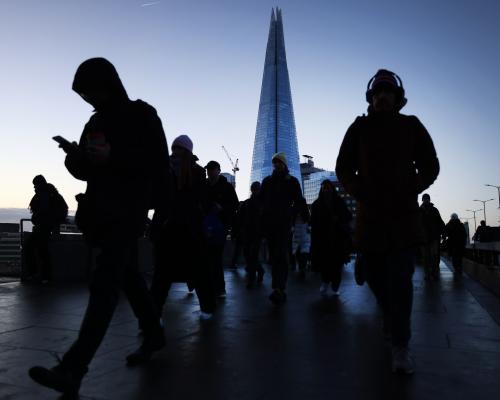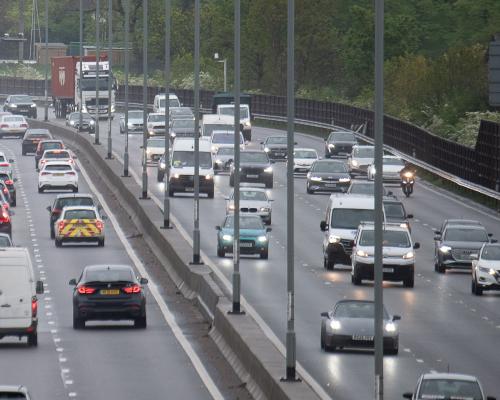
Hiring intentions among Britain’s businesses remain at a record low as they grapple with rising employment costs and worry about the economic outlook, with young people hit hardest by the drop in recruitment.
Three separate surveys issued on Monday painted a gloomy picture on hiring activity, pay and business confidence, with claims that bosses were “stuck in limbo” and waiting for greater clarity in the autumn budget.
Only 57% of private sector employers plan to recruit staff in the next three months – down from 65% in autumn 2024 as they deal with the combined £25bn rise in employer national insurance contributions (NICs) that took effect in April and other rising costs, according to the Chartered Institute of Personnel and Development (CIPD).
Another report, from KPMG and the Recruitment and Employment Confederation (REC), showed that recruitment across the UK fell sharply in July, for permanent and temporary jobs. This was often linked to employers’ gloomy outlook, and increased pressure on recruitment budgets.
The report showed the steepest reduction in vacancies since April, while availability of staff rose at a rate that was among the fastest since the survey began in 1997.
This has hit pay growth, with starting salaries rising at the weakest rate in almost four and a half years, it said.
Demand for permanent staff was said to be down across all 10 employment categories apart from engineering. Retail remained at the bottom of the table with “a rapid fall in vacancies”, while the smallest decline happened in the construction sector.
“With starting salaries and temp pay rising only modestly, it was right to cut interest rates last week,” said Kate Shoesmith, the REC deputy chief executive. “More action like this, to stabilise the business cost-base, is what will support growth and boost the jobs market this year. That is what the chancellor should be keeping firmly in mind when preparing this year’s autumn budget.”
On Thursday, the Bank of England cut interest rates for the fifth time in a year as it warned that rising food prices could drive inflation to 4%, amid mounting concerns about the strength of the UK economy.
Shoesmith noted that construction, a key economic bellwether, “has seen a rise in temp vacancies – an early sign of confidence returning”, adding: “Demand for blue-collar temp roles and permanent engineering jobs also remains steady, offering another glimmer of optimism.”
The hospitality and care sectors, and organisations that hire young people, had been hit the hardest by mounting employment costs, the CIPD said. About 37% of employers that hired people under 21 reported that the NICs changes had increased their employment costs to a large extent, compared with 23% of employers that do not hire young people, despite under-21s being exempt from employer NICs.
The organisation is urging the government to step up efforts to support the employment and training of young people and ensure that proposed changes to the employment rights bill do not act as a further barrier to their recruitment.
James Cockett, the senior labour market economist at the CIPD, said: “Business confidence is faltering further under rising employment costs.”
Meanwhile, weak GDP growth and high labour and energy costs coupled with continued uncertainty around Donald Trump’s global tariffs continue to weigh on confidence, the business advisory firm BDO’s latest monthly snapshot showed.
Scott Knight, the head of growth at BDO, said: “There are signs of recovery but they are fragile … Business leaders are stuck in limbo, waiting for clearer signals from the government that further investment will be worth the gamble.”







